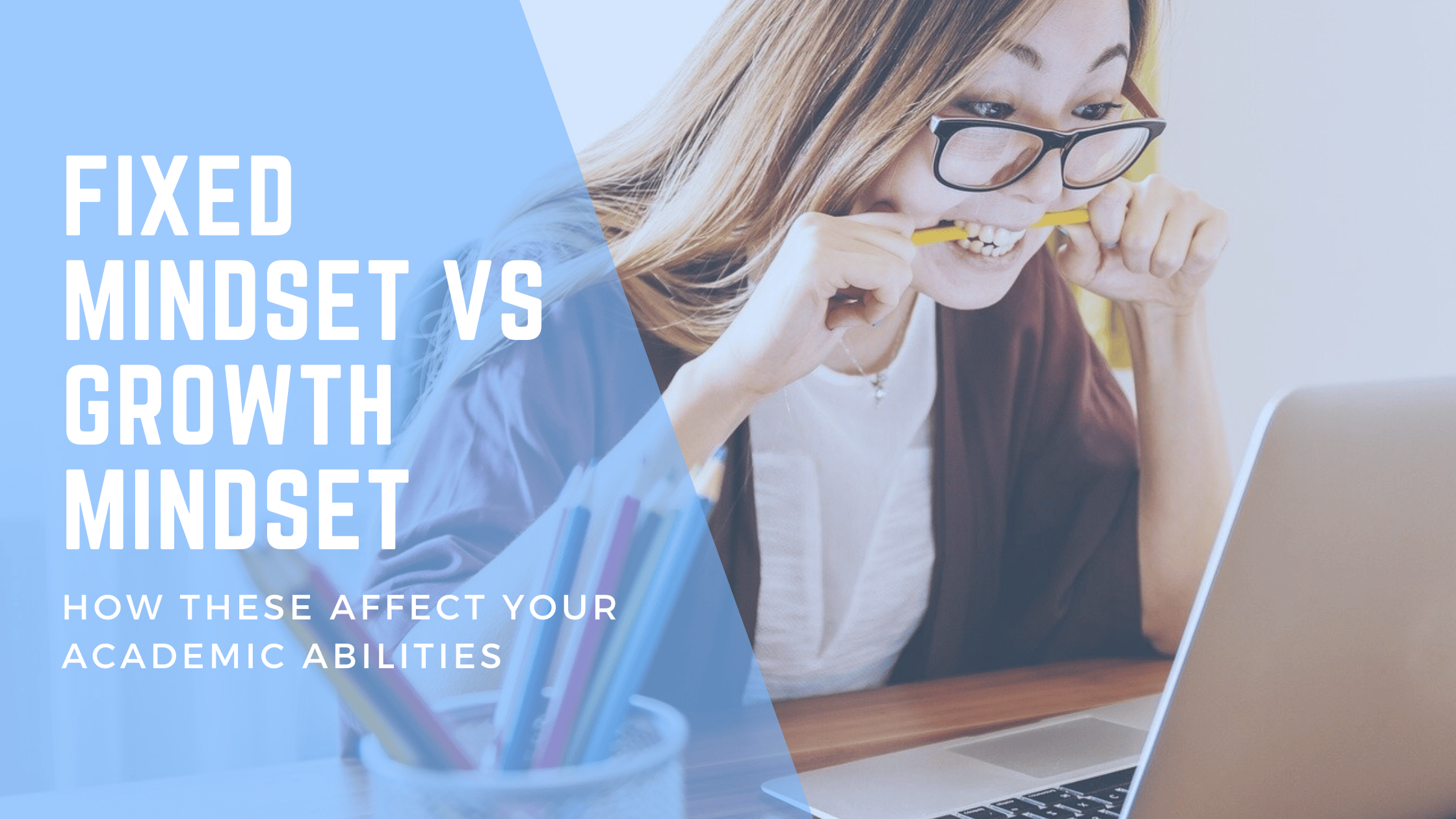The journey of learning is rife with challenges. The way you navigate these challenges, and emerge with the skills you need to succeed academically, professionally, and anywhere else you apply your knowledge depends largely on your mindset — the way you think about yourself and your abilities.
Two main types of mindsets can influence your experience as a student: the fixed mindset and the growth mindset. Let’s explore what they are and how they affect your learning outcomes.
The fixed vs. growth mindset in academics
Many people have heard of mindsets, but it was Professor Carol Dweck’s book ‘Mindset’ that brought the idea into popular culture. Having a fixed mindset is like owning a car with a certain amount of horsepower—you cannot make it go faster; you are stuck with what you have. It is a way of thinking that assumes our intelligence is an inherent part of who we are, a constant that does not change throughout our lives.
The growth mindset, on the other hand, sees the brain as a flexible and adaptable organ that can improve with practice and effort, like a muscle. It values learning over performance and sees mistakes as opportunities to improve. A growth mindset helps us to embrace our potential and achieve our goals throughout our lives.
Which mindset helps you become a brighter student?
There is no clear consensus on the limits of our mental capacities. For many years, it was believed that we are born with a certain amount of intelligence that cannot be changed, as though our brains are like containers that can only hold so much information. Yet there is also evidence that we can improve our cognitive skills through practice and dedication.
But what if both sides are partly right? What if our ability to improve our intelligence has limits, but we can enhance our skills and abilities within those boundaries? That is what I want to suggest here.
Why your mindset matters
These two ways of thinking are not just abstract ideas—they affect how we act, what we try to achieve, and how we pursue those goals. For example, if you have a fixed mindset, you might avoid doing things that are hard or new, because you do not want to fail and look bad. You might stick to what you know you can do well, even if it is boring or easy. You might see mistakes as proof that you are not smart enough, rather than as opportunities to learn.
A growth mindset is like the athlete who wants to train hard and get better. It is a way of thinking that sees problems as chances to grow and learn. Instead of avoiding challenges, you face them head-on and use them to improve yourself. It is a proactive approach that makes you stronger and smarter.
The growth mindset in action: Embracing challenges and overcoming fear
So, how do you foster this growth mindset in yourself? The key is to change how you view challenges and failures. Instead of seeing them as obstacles or signs of weakness, see them as opportunities to grow and improve. It’s as straightforward—and as difficult—as that.
Failure is not the end of the road, but a detour that leads you to a better destination. By embracing challenges and learning from mistakes, you can achieve your goals much more quickly and directly.
This is why I encourage people to embrace failure. It is about changing your perspective and seeing challenges as opportunities for learning, as necessary steps in the journey to success.
If you like helping bright high school students become even brighter, also check out Wes Carroll’s Newsletter.
Ready to take the next step? Schedule a consultation with our tutors and start embracing your full potential today!




0 Comments